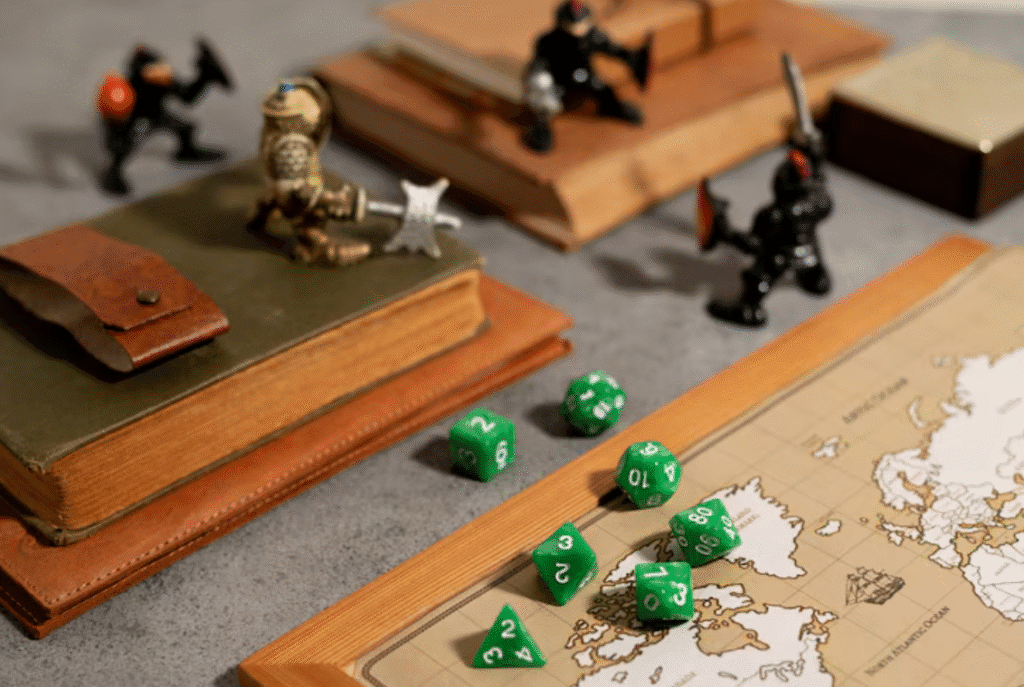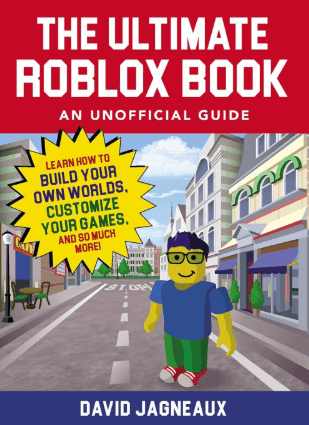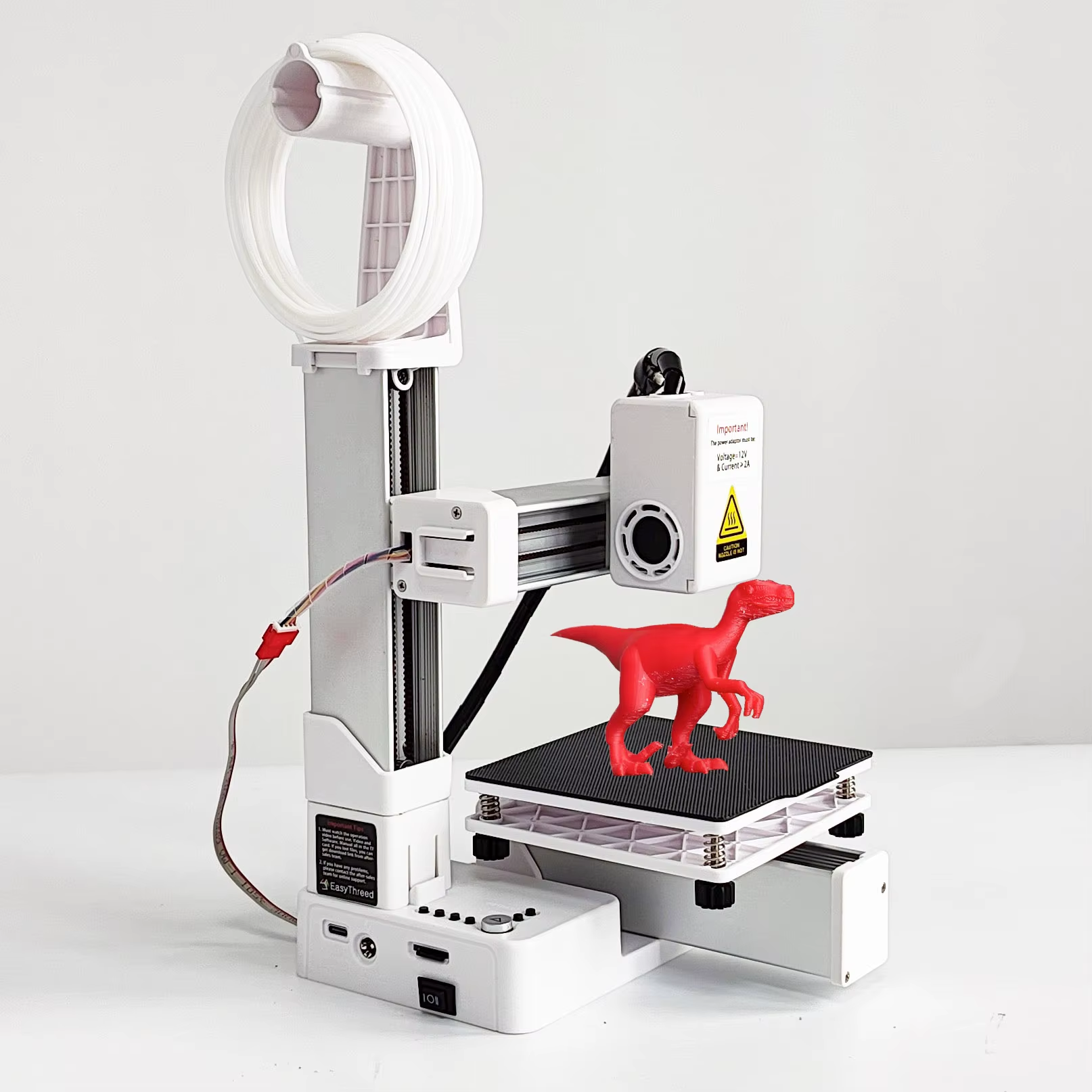Role-Playing Games (RPGs), whether classic turn-based titles like Final Fantasy, open-world epics like The Witcher, or action RPGs like Diablo, immerse players in rich stories and complex character progression. Success in RPGs involves more than just grinding levels—it’s about smart character builds, tactical combat, and effective resource management. Here’s how to get the most out of your RPG experience.
1. Understand Your Character’s Strengths and Weaknesses
Every RPG character class or build has unique abilities and limitations. Choose a playstyle that suits you—whether it’s tanking damage, dealing ranged magic, or stealth. Understand your character’s role in combat and optimize your skill points, equipment, and attributes accordingly.
2. Plan Your Skill and Attribute Progression
Don’t just dump skill points randomly. Look ahead and plan your character development to unlock powerful abilities or combos. Respec options (if available) allow you to adjust builds but aim to specialize rather than spread yourself thin.
3. Manage Your Inventory and Resources
RPGs often have limited inventory space and consumables like potions or mana. Prioritize carrying useful items, keep your equipment upgraded, and conserve resources for tough battles or boss fights. Selling or crafting better gear can improve your stats significantly.
4. Exploit Enemy Weaknesses
Learn enemy types and their vulnerabilities. Use elemental magic, status effects, or weapon types that exploit weaknesses to deal extra damage or disable foes. Status ailments like stun, poison, or freeze can turn the tide of battle.
5. Use Tactical Positioning in Combat
Many RPGs feature tactical positioning—such as flanking, backstabs, or area-of-effect attacks. Position your party to maximize damage and minimize harm. Protect weaker characters and use the environment to your advantage.
6. Save Often and Prepare for Boss Fights
RPGs can be unpredictable and punishing. Save your progress regularly, especially before major encounters. Study boss patterns and prepare specific strategies, gear, and items to counter their attacks.
7. Balance Exploration and Story Progression
Exploring side quests, hidden areas, and lore can yield valuable rewards, experience, and items. However, don’t get lost in grinding—focus on story progression when appropriate to keep the momentum and unlock new game features.
8. Experiment with Party Composition and Tactics
If the game allows party control, try different team setups to cover multiple roles—damage, healing, tanking, and support. Adjust tactics based on your enemies and scenarios to maintain flexibility.
9. Pay Attention to Dialogue and Choices
Many RPGs feature branching storylines and moral choices. These can affect character relationships, quest outcomes, and even game endings. Choose wisely, and consider replaying to explore alternate paths.
10. Enjoy the Story and Immerse Yourself
RPGs are about the journey as much as the destination. Take time to enjoy the narrative, world-building, and character development. A thoughtful, patient approach enriches the experience beyond just winning fights.

Role-Playing Games offer deep, immersive gameplay where strategy extends beyond combat into character building, resource management, and storytelling. By planning your progression, exploiting enemy weaknesses, and experimenting with tactics, you’ll enjoy a rewarding and successful RPG adventure. Whether you prefer turn-based battles or action-packed quests, smart strategy makes all the difference.



